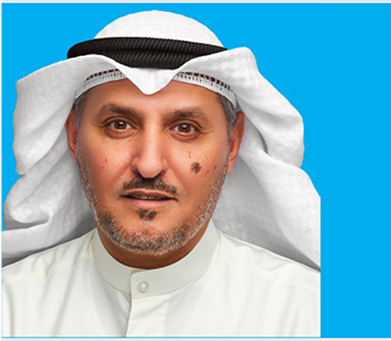
in support of fundamentals, with flexibility in tactics and methods, is the key to any hope of progress in negotiation.” — Dwight D Eisenhower. Recently, a Saudi/Iranian agreement was announced in Beijing, as Chinese efforts succeeded, which surprised many. In fact, the Chinese efforts are complementary to previous Omani diplomatic efforts. The Chinese mediation crowned the Omani efforts and resulted in an agreement between the two regional powers.
In such agreements, considering their special circumstances, the terms are rarely made public. If announced, they will be in broad headlines. However, as time goes by and with the tracking of events, it will be easy to decipher some of the terms of the agreement. Some results came quickly and are summarized as follows.
(1) Opening of airspace between the two countries.
(2) Reopening diplomatic missions.
(3) An Omani-Saudi panel visiting Sanaa to meet important officials.
(4) The Syrian foreign minister’s visit to Riyadh.
This is what was monitored, and of course it was not announced that these are among the terms of the agreement, but we remember the famous Arab proverb: “The sun cannot be covered by a sieve.” There is no doubt that what happened has its justifications and its understandable rationale. The two powers were preoccupied with huge files, their interests clashed, with quarrels on every side, but in the end, the writing must stop at the last point.
If we read the situation of the two states quickly, we will find that Saudi Arabia has a strong economy and is working on achieving ambitious plans with tangible societal change. However, it is preoccupied with the war in the south of the country with the new Yemeni regime, which imposed its control over the capital Sanaa with the support of regional powers and Iran becoming the main controller of Yemen’s capabilities. Saudi Arabia was, even at the height of the war, seeking a political solution. And now, after the agreement between Riyadh and Tehran, it seems political solutions are possible.
As for Iran, it is clear that the arrangements for Syria’s return to its Arab surroundings and the consequent changes are expected at all levels. The rare visit of the Syrian foreign minister to Riyadh was announced, coinciding with calls for holding a conference of foreign ministers of a number of influential Arab countries regarding approving Syria to reactivate its membership in the Arab League. It seems that these steps receive an unannounced, albeit clear approval for followers of the course of events, with the most important fact being that Syrian-Arab relations have returned in the form of opening of air links between them and some countries.
The hospitality President Bashar Al-Assad received in Muscat and then in Abu Dhabi has its implications that cannot be hidden from anyone. It is currently expected, “in sympathy” with what is happening on the ground, that the steps for Syria’s return have matured, and there is nothing left but to raise the curtain. As for the situation with Sanaa, the situation can no longer bear the continuation of the escalation in a war with no winner, so it seems that the voice of reason has begun to hear the chants of its victory. The main question we should ask ourselves: Will the honeymoon between the two large countries in the region last?
Will the interests of the major powers who did not sign the agreement be affected by it? Let’s not forget that China, the leader of the agreement, is considered one of the largest countries in the world with regards to production and export of honey of high quality. Will Chinese honey suffice for the honeymoon and go beyond what we expect? It is certain that a fair peace based on credibility and commitment has no loser, so will credibility and commitment stand? I hope so.



